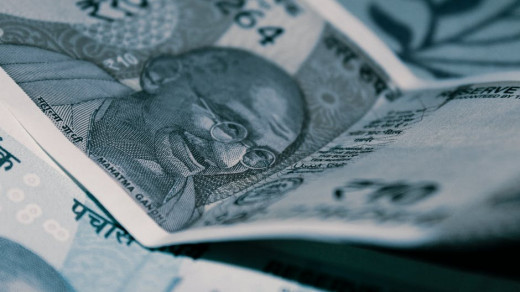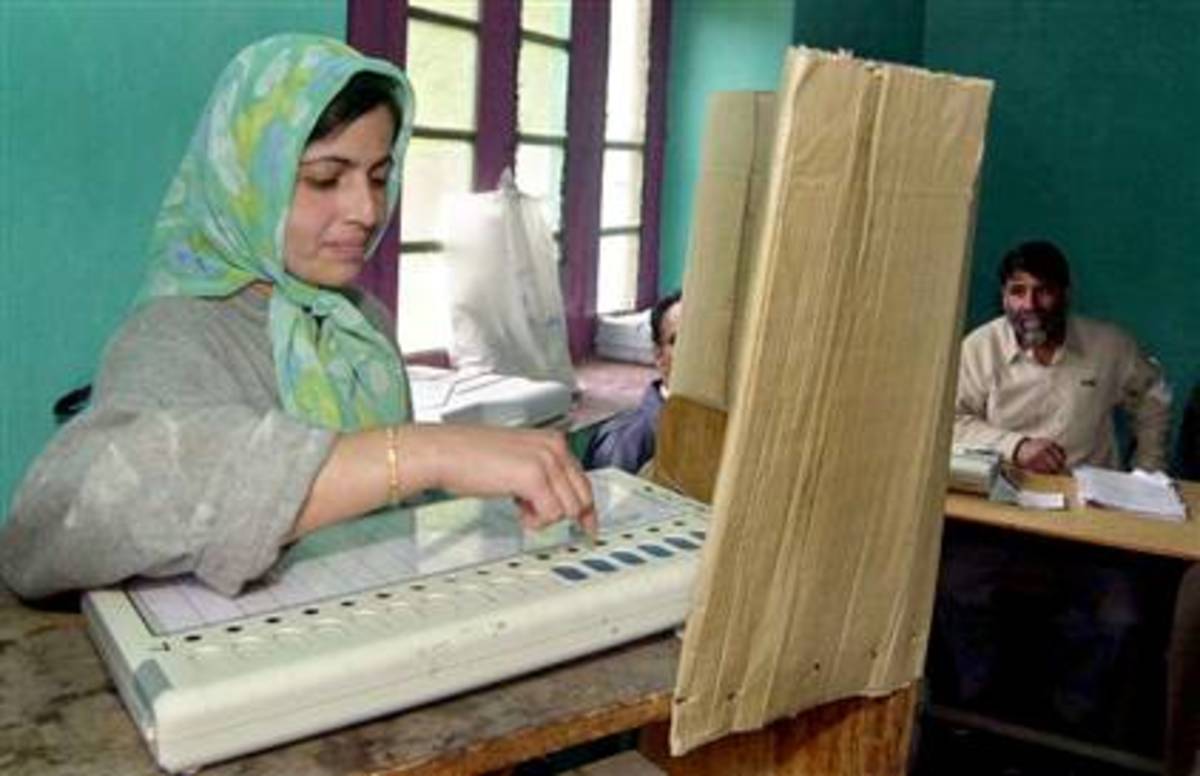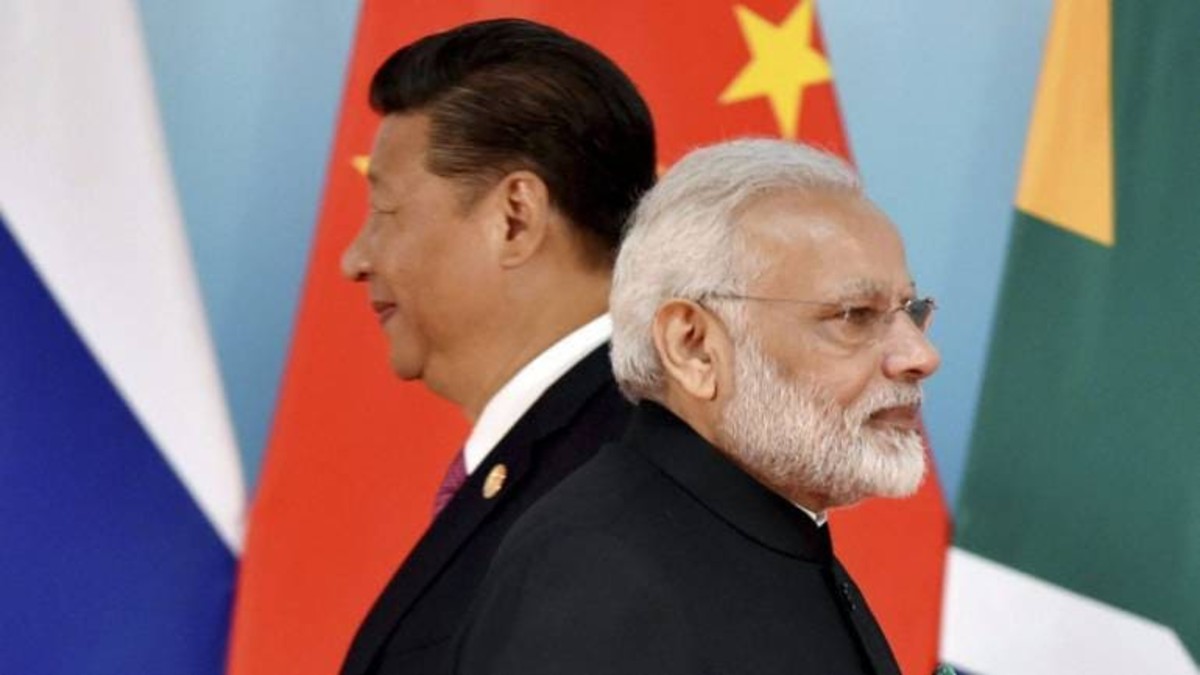COVID-19 Impact On Six Sectors Of Indian Economy
Introduction
During the moral science classes in our school, we were always taught a lesson, " Nothing in this world is too small or too big to start a great thing" and if we imagine it in the existing situation, we are experiencing firsthand! Who would have thought that a tiny tweeny microorganism could trigger a global financial stupefaction?
It does not require any economist to explain that the complete lockdown of India would severely affect the supply side of the economy, that is, production and distribution of goods and services, except for the essential items that are exempt.
Unattended flights, vacant hotel rooms, unhappy and flavourless restaurants, shut down theatres, idle offices, unemployed people on roads and colourless markets is what India is experiencing in the past few days. The virus that paved its way from China has enclosed nearly the whole world into its clenches.
Impact on Traders Buying Goods from China
Effects on various sectors
Although the lockdown is completely important for the life of the people but on the other hand, it has proven to be difficult for the country's economy. Large scale shut down of factories and shut down of import of goods from China have affected many Indian manufacturing sectors. According to the FICCI reports, sectors like automobiles, pharmaceutical, electronics, chemical products are facing an imminent raw material and component shortage.
Several sectors have been seriously hit by this pandemic situation as follows
1. Aviation sector
Certainly, for the aviation sector, there is a lot of turbulence. Most of the airlines in India can become bankrupt by the end of May. Since cash reserves are been running down rapidly flights are being cancelled and fixed cost are there to stay.
Aviation industry is expected to acquire the loss of around $3-3.6 billion till the month of June. All national and international airlines will remain suspended till 3rd of may.
2. Hospitality sector
The second most affected sector in this situation will be in the hospitality sector. Restaurants and hotel business experiences about 33% of downfall in the initial phases. Lockdown has resulted in a large amount of business loss for various multiplexes and PVR chains.
3. Apparel Industry
The apparel industry contributes about 2.3% of the GDP and is badly affected because 35% of export orders came from Europe, which is currently facing the deadly stage of the virus. As shops and malls are been temporarily closed the domestic sales have also been severely affected.
4. Poultry and Seafood
The make and believe Whatsapp forwards emerged a sense of fear among the citizens for non-vegetarian edibles like meat and seafood. Due to this, the industry suffered an intense loss of 13 billion Indian rupees in hardly 3 weeks. Millions of small poultry farmers have been hit by the unexpected decline in sales.
5. Agricultural Industry
The agriculture industry in India contributes to nearly $265 billion to the GDP. To tide over the situation government of India will pay 2000 rupees a month that is around 30$ to farmers but money will be insufficient due to the closedown of exports. This situation will give rise in the prices of commodities in cities of profiteering and in rural areas it will drop as farmers will not be able to sale their crops. The new crop is ready for sale but due to this pandemic, it will become very difficult for the farmers to get their reasonable prices. Various economists have warned that India's challenge will be in transporting this from villages to cities in the midst the lockdown. If supply chains will not work properly, a lot of food will be wasted and lead to huge losses to farmers.
6. Effect On Tax Collection
It is expected that India's direct tax collections for the current fiscal year ending March 31is likely to see a whopping shortfall of about Rs 1.5 trillion compared to the revised estimates. This is set to take place for the first time in at at least two decades, derailing the government's fiscal deficit expectations.
The pandemic bounced back the economy

Conclusion
It is one of the challenges for not only India but for the whole world. The Chinese economy has gone down by 10%of GDP in their first quarter. The global economy will shrink by almost 1% and according to the research, each day of the lockdown will cost the Indian economy 4.64 billion dollars. If the situation prevails for 12 months, the economic impact will be worst on the economy.
With two- thirds of the world's population living in the developing countries facing unprecedented economic damage, the UN is calling for a USD 2.5 trillion rescue package for these nations. The global economy could be staring at a recession that is bad or worse than the global financial crisis, of 2008. Reflecting the pessimism, Indian stock markets continued their downward march.
This pandemic not only slams the brakes on economic activity and jeopardize financial stability, but brings with it enormous suffering. Therefore, it is essential to first save the lives, then save the livelihoods and after that to meet another cost. Thus, our Prime Minister has rightly said that if this pandemic not prevented, it could set us back by decades.








